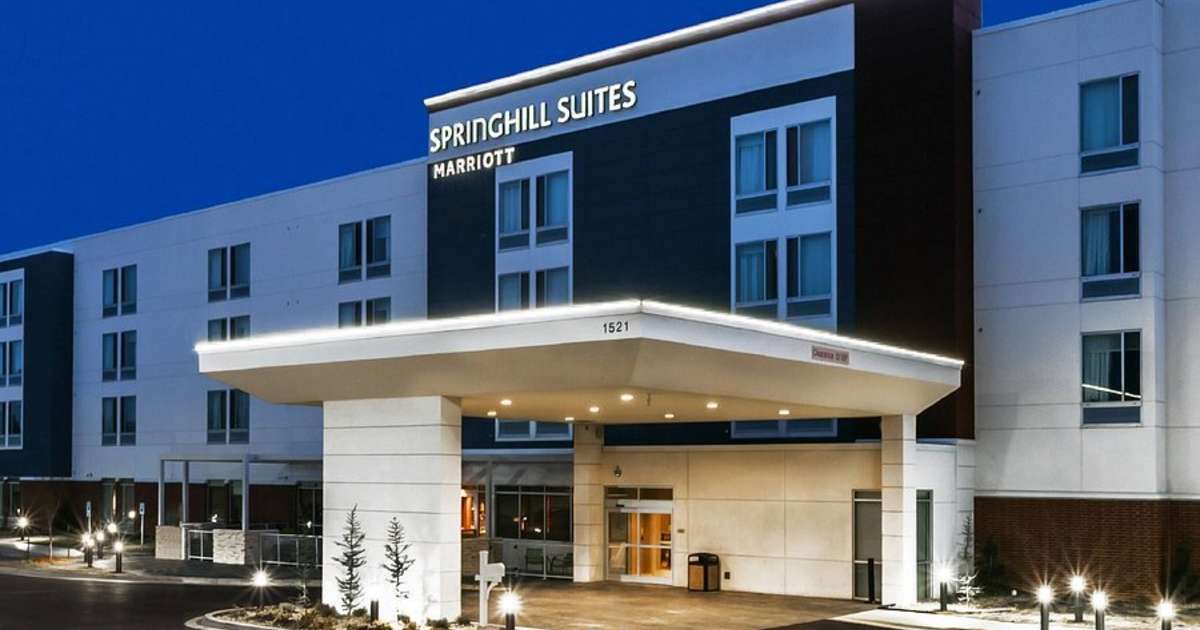
Ask anyone in a hospitality service or sales organization if they train their employees, and they’ll often detail their extensive orientation and classroom training programs, claiming to prepare employees to perform at an elite level. Yet, countless service experiences—from trying to make a hotel reservation over the phone or as a walk-in in addition to trying to book a meeting—suggest otherwise. Training isn’t working, and this isn’t just a post-COVID phenomenon.
Over the past decade, I’ve asked hotel, restaurant and contact center audiences I’ve trained and spoken to—roughly 30,000 people—a simple question: Is service in America getting better or worse? An overwhelming 99.5% say it’s getting worse. When asked why, they cite two or three major factors. In reality, there are about 29 reasons, but I’ll focus on the top two here—and, more importantly, how to fix them.
Problem #1: Training Fails When Facilitators Don’t Reach Customer-Facing Employees’ Hearts
Too many leaders and trainers focus on getting through to employees’ minds when they should first aim for their hearts. Trainees often ask themselves:
- Why should I change?
- How will this make my job easier or better?
- Do I believe in this?
- Is this a skill I can use for life?
- Does this new skill make the world a better place?
Pre-COVID, about 60% of trainees I encountered had a clear idea of their career aspirations. Post-COVID, that figure has dropped to 20%. While it’s harder to connect new skills to specific career goals in this climate, it’s still possible. The key is to show employees how the skills they’re learning will benefit them in any future path they choose.
Problem #2: Training Fails Without Reinforcement
Most hospitality training fails because it lacks follow-up, accountability, coaching, incentives, tracking, measurement, a plan for turn-over, and a connection to ROI (both personally and professionally). In other words, it isn’t reinforced.
Consider these statistics: turnover at front desks in the U.S. hovers around 144%, and some hotel brands experience a 50% turnover rate at the general manager level. Even without high turnover, hotel leaders are often so overwhelmed by fragmented demands that they act as full-time managers, not enough as leaders.
At Fresh Revenues, we emphasize reinforcement to ensure our work with our hotel and restaurant partners succeeds. Here’s how reinforcement can transform training outcomes:
- Mystery Shop Calls: Calls are recorded and scored based on taught skills, then sent to the associate’s leader to use for role-playing and training.
- Incentives: Mystery shop scores are tied to monthly cash rewards, encouraging employees to use the skills and see tangible benefits.
- Individual Coaching: Some associates thrive with one-on-one coaching rather than group training.
- Performance Comparisons: Mystery shop scores compared across hotels create competitive, motivational benchmarks.
- Tracking Conversions: Conversion data can guide rate increases, identify promotable talent, and reward top performers.
- Visual Metrics: Whiteboards in employee-only areas display sales and service achievements.
- Online Reviews Monitoring: Tracking spikes in service performance via guest reviews.
- Employee Surveys: These identify training successes and pinpoint future needs.
- Senior Leadership Zoom Meetings: Monthly meetings foster idea-sharing and progress tracking.
- Daily 7-Minute Stand-Ups: Brief, focused team meetings reinforce communication and new skills.
- Skill Nudges: Daily text messages reinforce training points for all associates.
The Results of Reinforced Training
When training is reinforced, the results speak for themselves:
- Revenue increases—high-margin, incremental gains with strong flow-throughs.
- Higher Guest Satisfaction Scores (GSS).
- Stronger competitive positioning for hotel sales teams.
- Improved online reviews and genuine guest loyalty.
- Increased employee retention, as associates recognize the value of their training.
- Enhanced company culture, marked by genuine care and collaboration.
Training done right is an investment. Training done wrong is an expense.
View source


